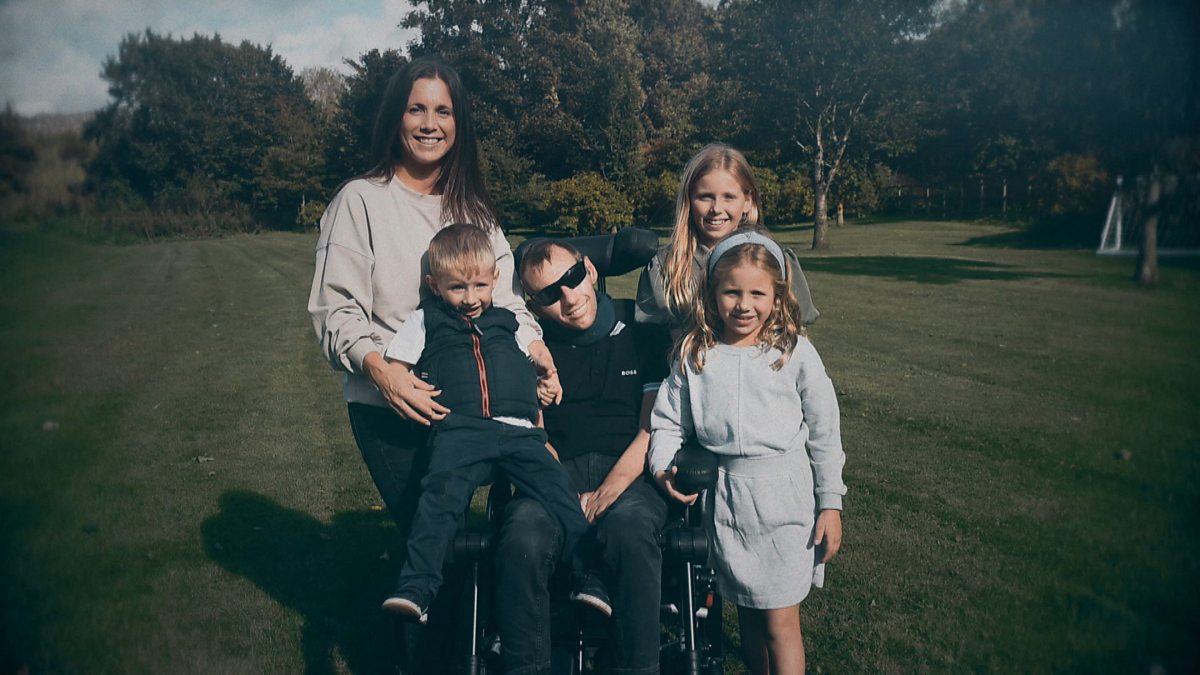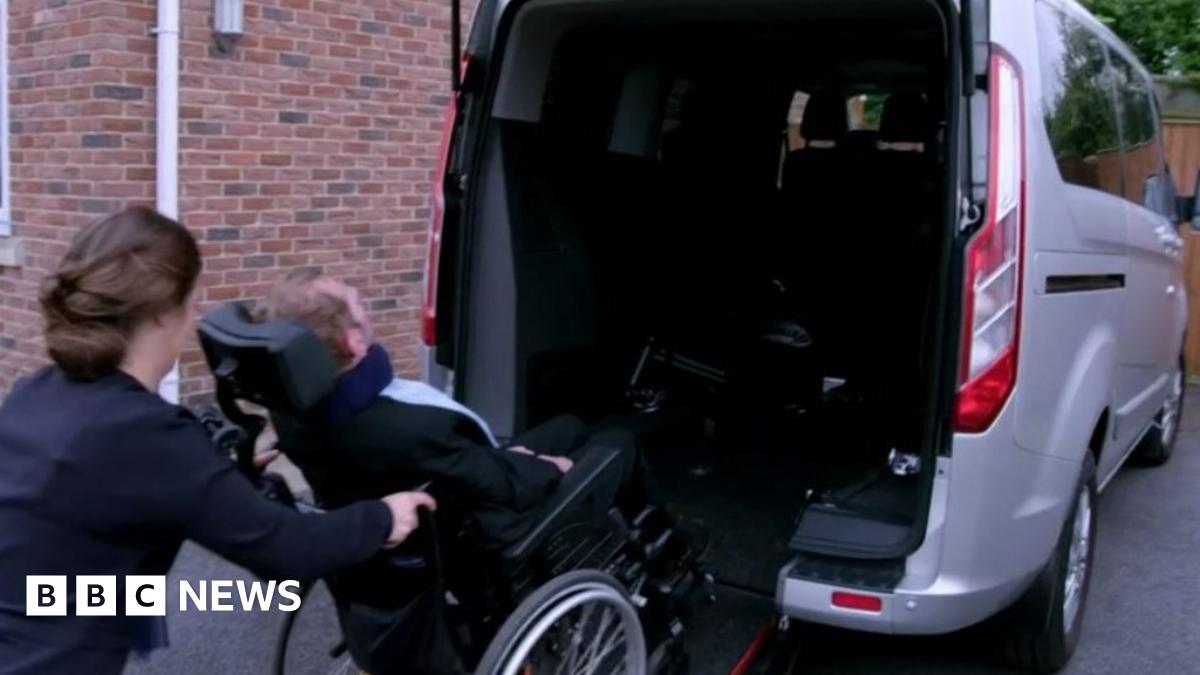Tim of the Oak
Well-Known Member
- Joined
- 29 Dec 2012
- Messages
- 20,951
I’ve tuned in thanksBBC 2 at 1900hrs
Documentary with the amazing man,I've seen snippets...not to be missed.
I’ve tuned in thanksBBC 2 at 1900hrs
Documentary with the amazing man,I've seen snippets...not to be missed.
Good to see you’re still around mate.Feel for him . Bloody 37. I was diagnosed with MND July 2018 after 18 months of tests. I am fully reliant on my wife now for all every day life,i can do nothing for myself. That said i am ok in myself and am happy.
My worry for Rob is it's started in his bulbar area, usually lethal in months. My doc reiterated on Wednesday i am in my last 12 months of life,sad but I'm 65.not 37 ffs.
Oh and i told him he was chatting shit :)
Bill has had some stick on here recently, but I'd just like to say that Bill is one of the most generous men I have ever had the privilege to meet.Good to see you’re still around mate.
Hope you carry on as long as possible and have quality in your life.
@Bill getting stick? Hmm..not good. Leave him be, we need him to fulfil his job of thinking up ridiculous threads, which he is excellent at.Bill has had some stick on here recently, but I'd just like to say that Bill is one of the most generous men I have ever had the privilege to meet.
Love you Bill xx
He’s a big blue by the looks of things so that’s enough for meBill has had some stick on here recently, but I'd just like to say that Bill is one of the most generous men I have ever had the privilege to meet.
Love you Bill xx
Thought this was WW.@Bill getting stick? Hmm..not good. Leave him be, we need him to fulfil his job of thinking up ridiculous threads, which he is excellent at.
Probably. I am easily confused these days.Thought this was WW.
I haven't watched it, but no surprise you think he is a brave bloke. Spent all his career half the size of most of his opposition and never took a backward step. Top player top man.Was just finishing some work off so stuck this on in the background but I was transfixed (so had to write off my evening walk!).
My god that was heartbreaking.
What a brave blokes but what a supportive family (his daughter speaking about him broke me :( )
His pseronality and humanity shone through very brightly.

I’ll second that mate, absolutely top bloke Bill (even if he does tease a bit now and then :-D).Bill has had some stick on here recently, but I'd just like to say that Bill is one of the most generous men I have ever had the privilege to meet.
Love you Bill xx
A big blue is an understatement. He would bleed blue blood.He’s a big blue by the looks of things so that’s enough for me
That’s genuinely heartbreaking to read mate yet at the same time inspiring, when it’s time (I’ll say this now in case I don’t get to, too many times I’ve left things for tomorrow, and that tomorrow never arrived), know that the people who knew you, knew you as a fuckin class act, pure and simple, and one of the kindest and generous people I’ve ever met xthank you all for your nice comments.
watching Rob breaks my heart . he's so bloody young .
how he has stayed alive is amazing . poor thing losing his voice . an inspiration .
i am not quite there yet but it's going . i am too big to be carried (remember Feyenoord and Monaco lol) so i have to be hoisted everywhere . being on a ventilator 24/7 means no swimming /flying and of course no European away days.
i have had a visit from the palliative care team to " plan my death " they have warned me that my carbon dioxide levels will soon be too high for my ventilation unit to cope . so basically when do you fancy calling it a day. i explained that i am not ill,i just have MND.
i have no limbs
i foul myself sometimes
i can't breathe on my own
i am fed with a spoon
but me and Rob are both made of the same stuff.
i WILL be at the CL final at Wembley 2024.
thanks mate but shh, i don't want my Tory cover blown :)That’s genuinely heartbreaking to read mate yet at the same time inspiring, when it’s time (I’ll say this now in case I don’t get to, too many times I’ve left things for tomorrow, and that tomorrow never arrived), know that the people who knew you, knew you as a fuckin class act, pure and simple, and one of the kindest and generous people I’ve ever met x
Well said mate, and I won’t mention you employ United fans either (who actually think the world of you despite your wind ups lol, which I think speaks volumes ).thanks mate but shh, i don't want my Tory cover blown :)
seriously though you are right , there is no tomorrow .
there is nothing i can do about my illness but i can pass on what I have learnt the hard way . do not wait . go to that place . do that that thing. above all, build bridges with people you think you no longer matter to , believe me you do .
if you do all that then live to 93 what have you lost ?

